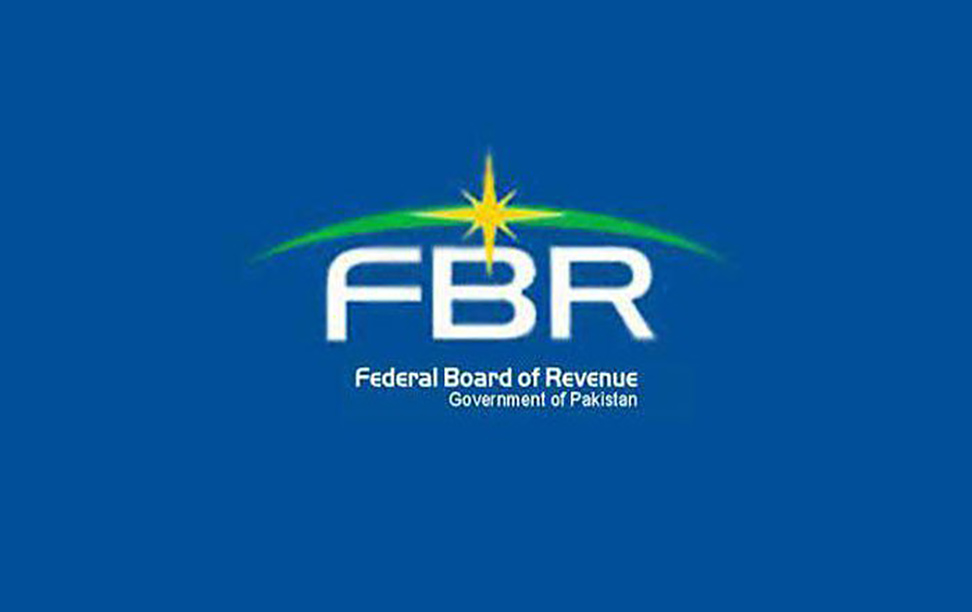June 21, 2023 (MLN): All Pakistan Textile Mills Association (APTMA) has requested to allocate an appropriate amount in the budget to continue regional competitive energy tariffs (RCET) for gas at a rate of $9/MMBtu and for electricity at a rate of 9 cents/kWh for the next financial year.
APTMA wrote a request letter to the Prime Minister for the continuation of RCET for the export industry.
In its letter, the APTMA stated, "non-continuation of the RCET is likely to result in the closure of a significant portion of export industry leading to significant unemployment, loss of export revenue and further deterioration in the Balance of Payments.”
Textile exports witnessed an outstanding increase of 55%, increasing from $12.5 billion to $19.5bn during the FY 2020-22, directly attributable to the time that competitive energy tariffs were applicable.
RCET significantly enhanced the industry's competitiveness on the global stage and enabled Pakistani products to compete at par as a consequence of similar energy input costs with competing countries of the region, it added.
Furthermore, the improved competitiveness of Pakistan's textile industry attracted additional investment of $5bn in expansion and new projects.
These investments further augmented the available export capacity by an estimated $5-$6bn per annum.
With such promising trends, Pakistan was on track to achieve a remarkable $22-$24bn in textile exports in the current fiscal year.
However, the forex constraints combined with the withdrawal of RCET, difficulties in energy supply and a liquidity crisis as a consequence of devaluation, paused, this upward momentum.
This year alone, Pakistan is experiencing a significant shortfall of over $3.5bn from the $19.5bn exports achieved last fiscal year.
In spite of the fiscal challenges, the government rightly continued with RCET facility for most of this year, however, withdrawal at a time when the country is in need of foreign exchange is confusing, to say the least.
Further it noted, “The textile industry plays a critical role in generating foreign exchange, and without the continuation of RCET, our exports will inevitably decline, leading to a much lower than budgeted or expected influx of foreign exchange.“
The impact of the non-continuation of RCET will not be limited to the large-scale manufacturing (LSM) sector, but will also extend to small and medium enterprises (SMEs) and cottage industry that form clusters, feeding the large-scale manufacturers.
The resulting unemployment and social unrest pose challenges that our country simply cannot bear at this time, it added.
Copyright Mettis Link News
Posted on: 2023-06-21T16:55:47+05:00







